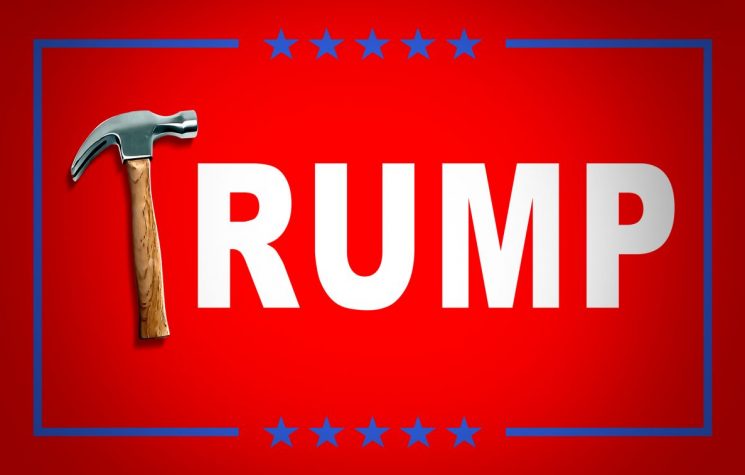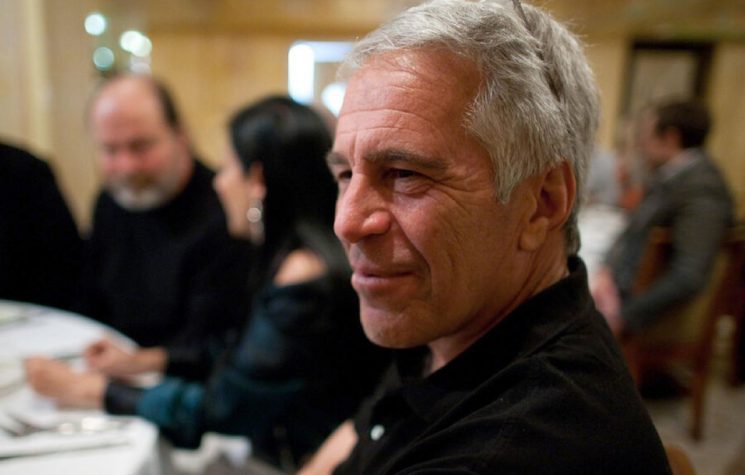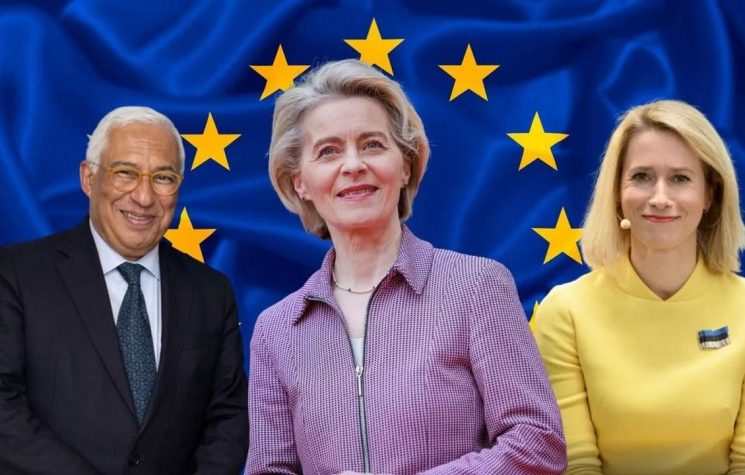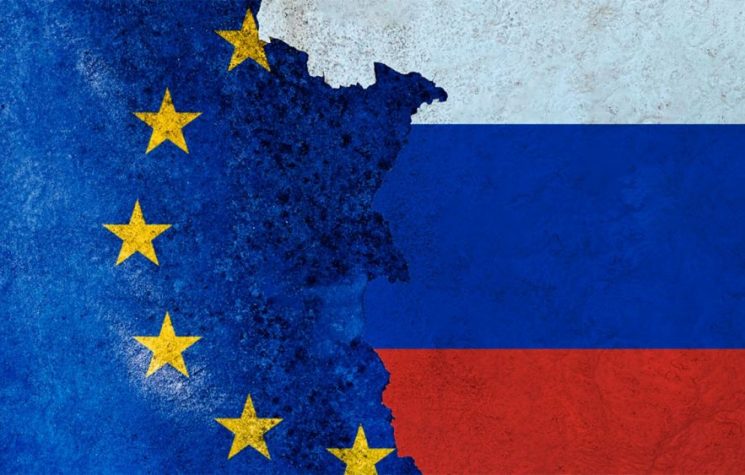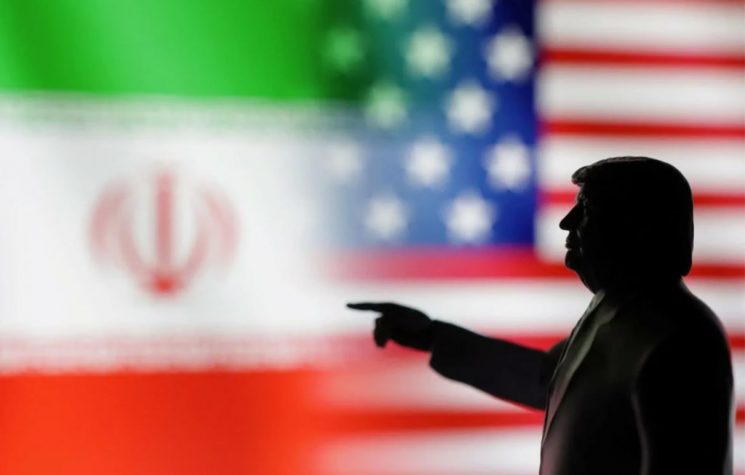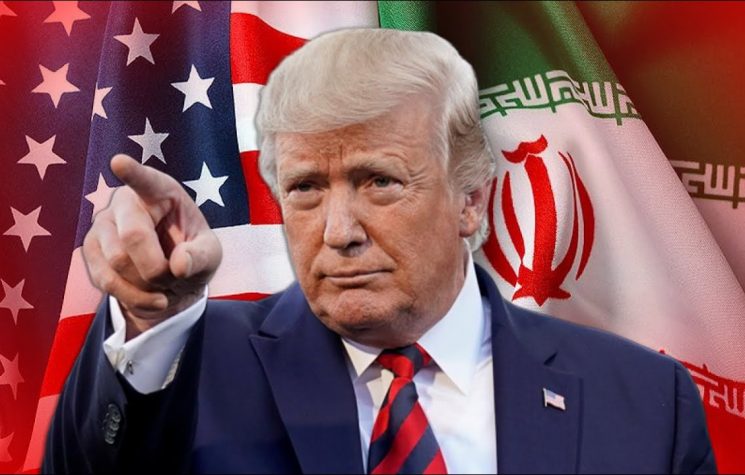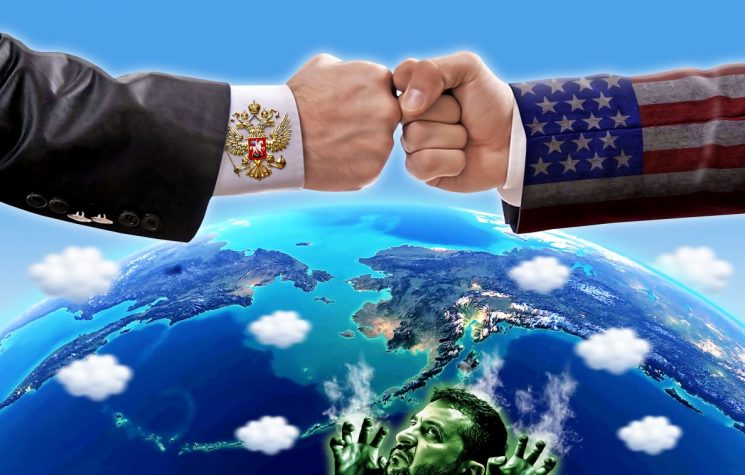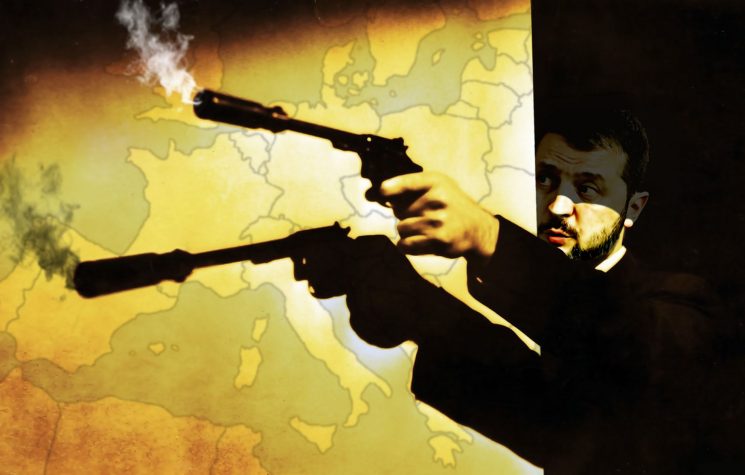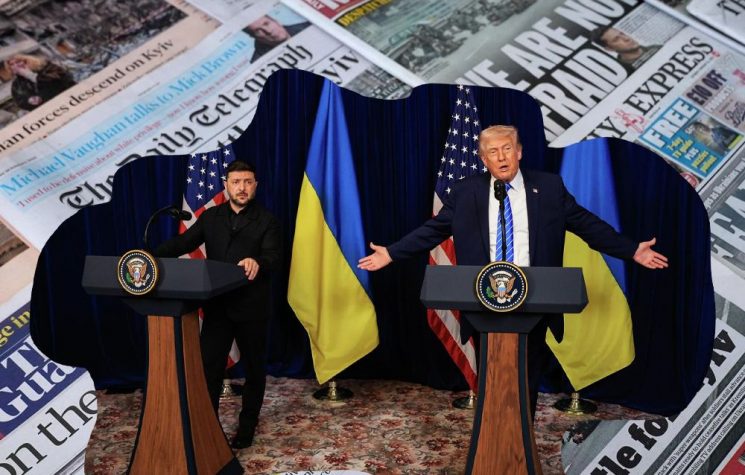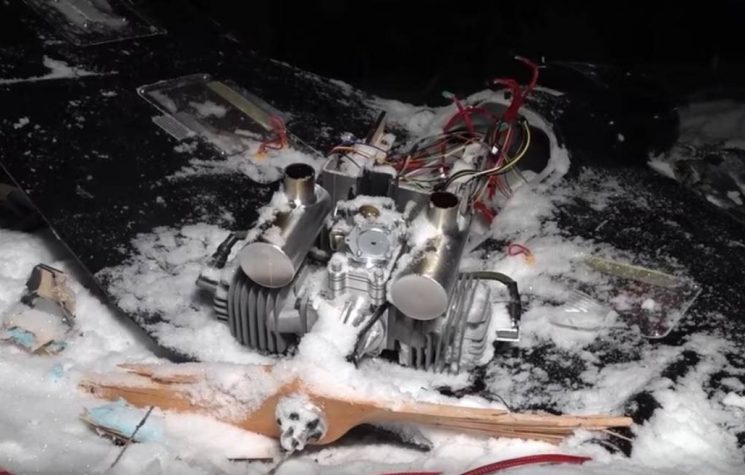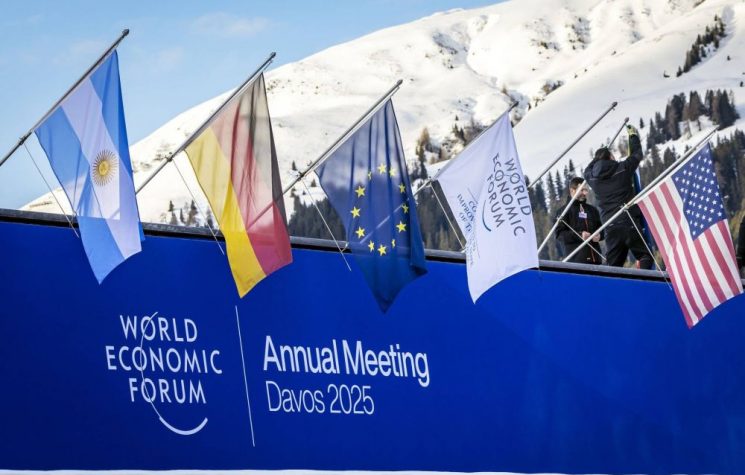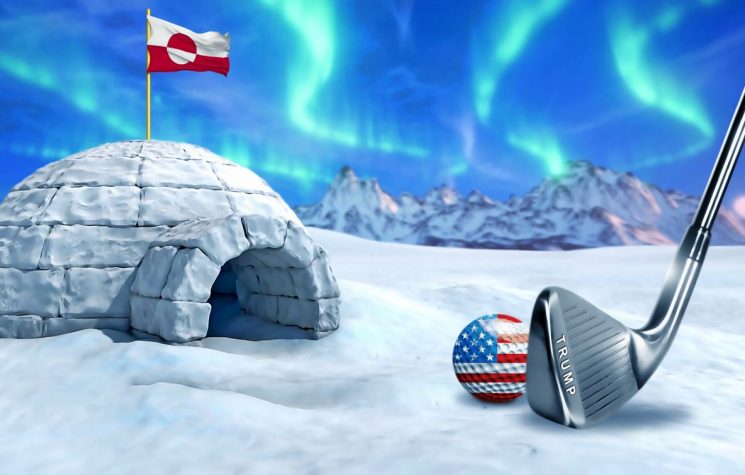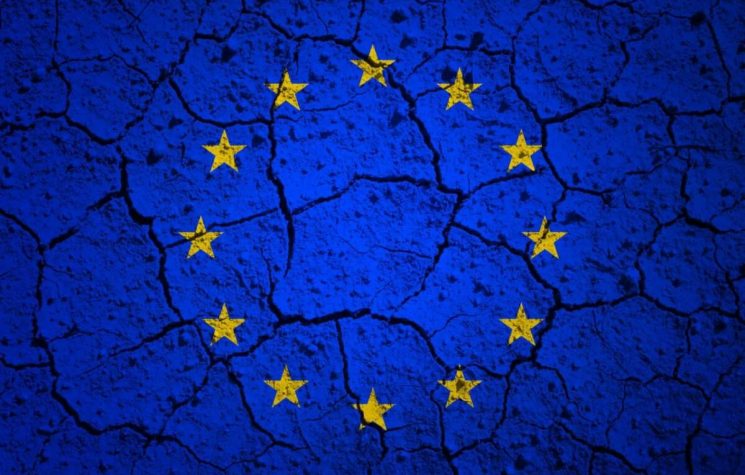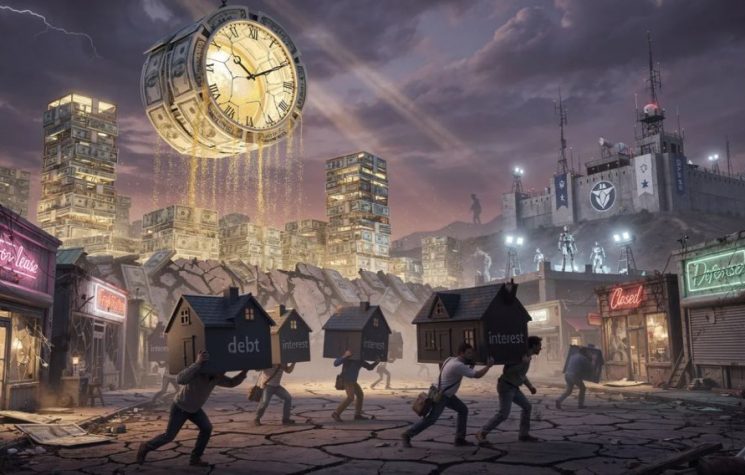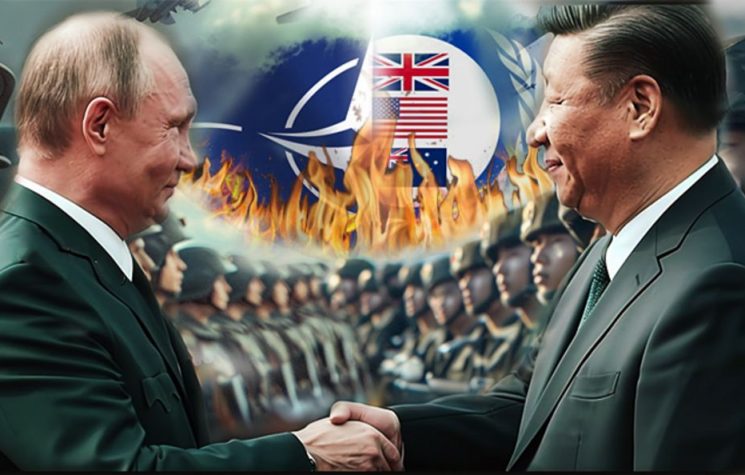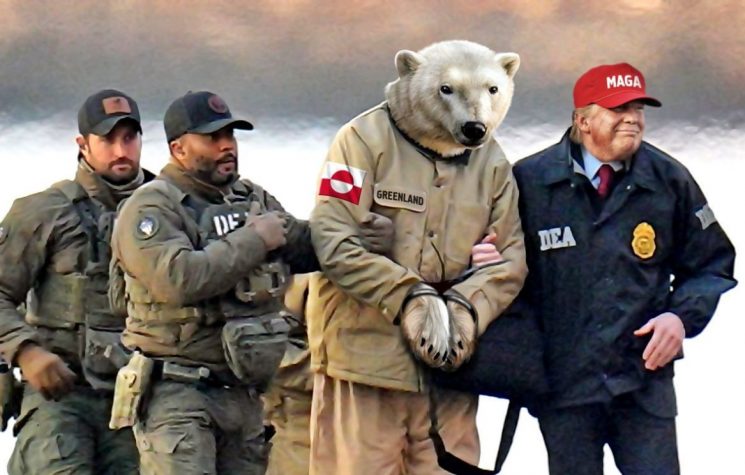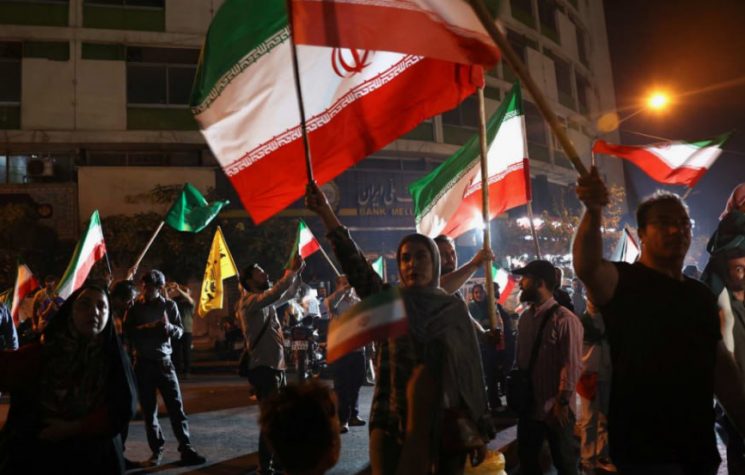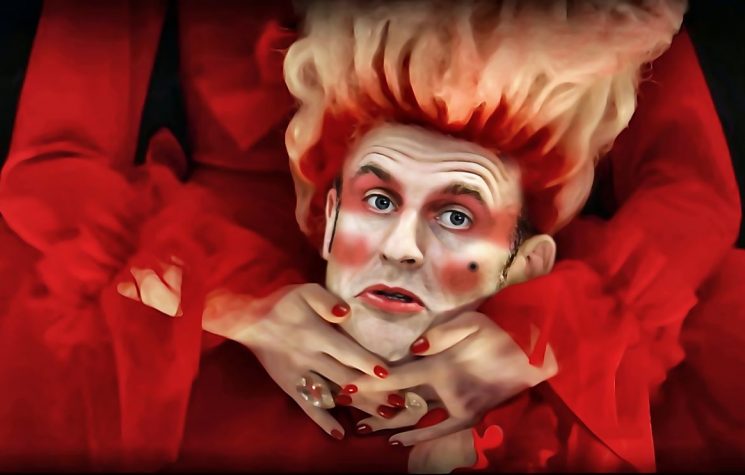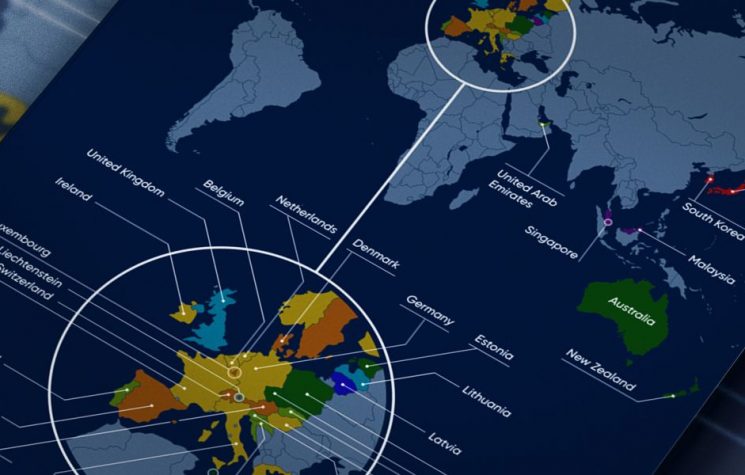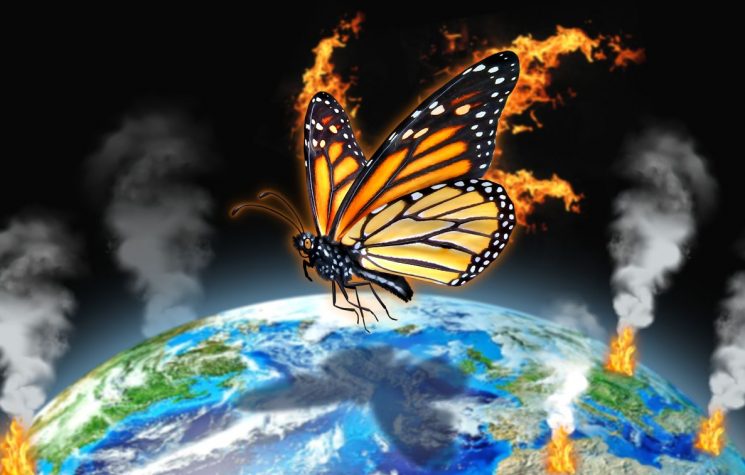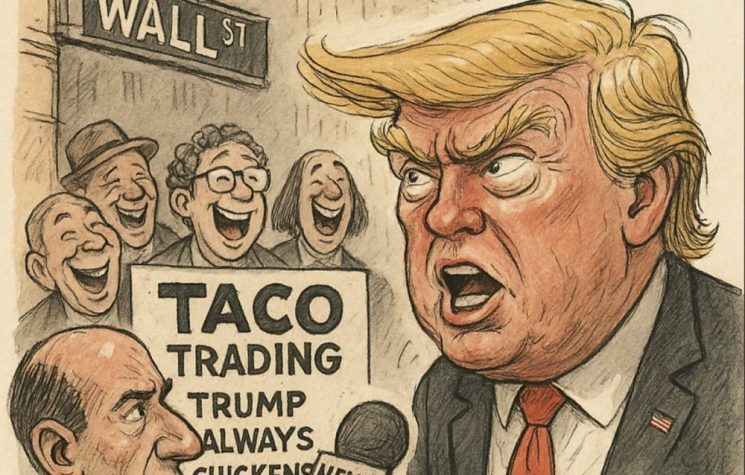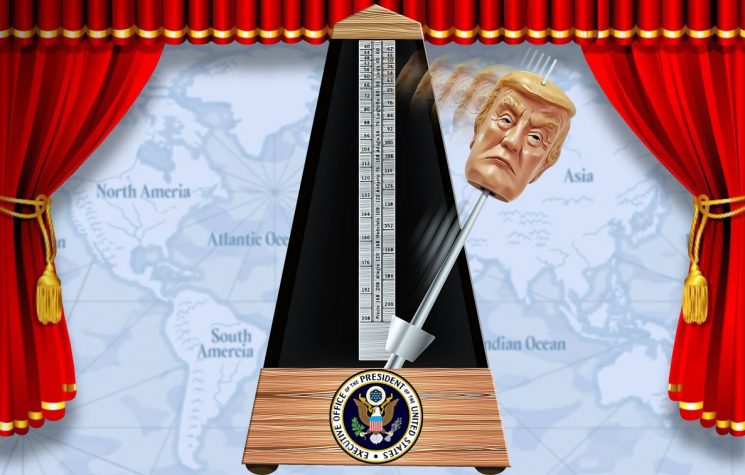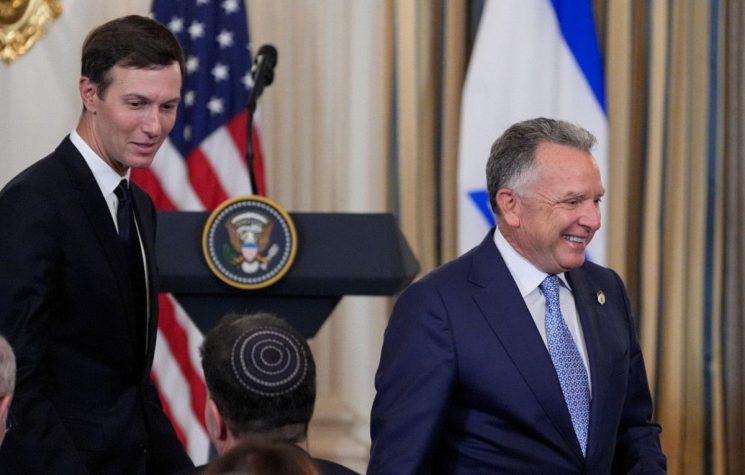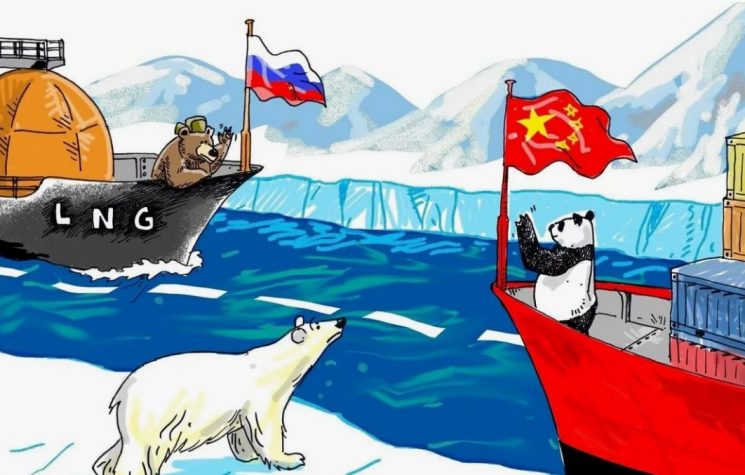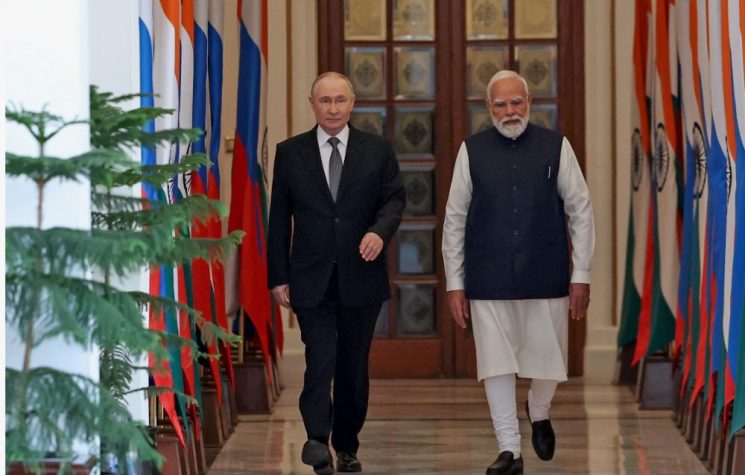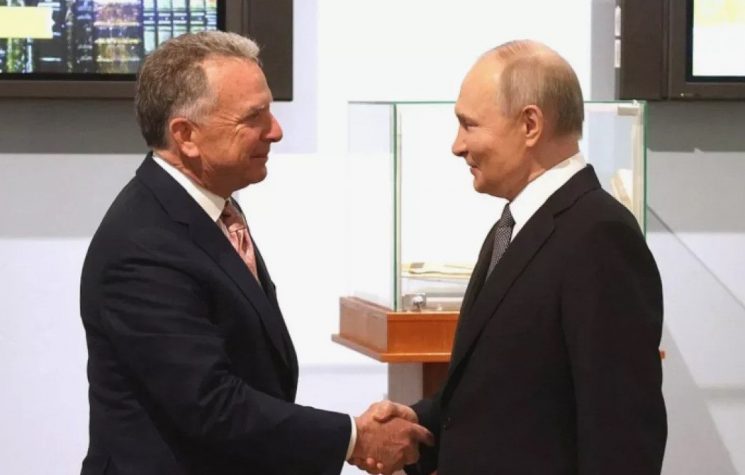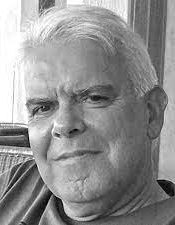Under the tutelage of Putin and Trump, between whom there continues to be a limiting dispute related to the ceasefire, the scenario of hypothetical formal negotiations is still a magma of contradictions that, until now, have been insurmountable.
Contact us: info@strategic-culture.su
And the spell is turning against the sorcerer.
The inspirers, leaders and financiers of the 2014 coup d’état in Maidan Square, in Kiev, are suffering the consequences of this gross attack on democracy mounted exclusively to defend interests unrelated to those of the Ukrainian people and extend NATO’s field of action to the borders of Russia.
The West is in shock with the collapse of pillars that support transatlantic alliances, which seemed solid, as if they corresponded to a historical development, and are ultimately vulnerable when the contradictory interests involved finally come into conflict. What Davos has been building so laboriously with coups, manipulation and propaganda towards globalism, the current situation, especially after the election of Donald Trump, has now hindered.
It cannot be said that this is a case of anger between bedpans. It’s very much a break from the kind of usual relationships maintained in a mafia web between the Godfather and his Cappos.
As recently – in historical terms – happened in Afghanistan, the United States is in disarray from Ukraine, dragging with it a stunned NATO and within which the secretary general does not know what to say, other than nonsense in which he can pronounce considerations and their opposites in the same intervention.
The North American escape from the consequences of the situation it created 11 years ago in Kiev, and which cost, to begin with, five billion dollars to Washington’s Treasury, according to the official version, corresponds to the entry into an even more serious phase of the long agony that precedes the death of the European Union. Entangled in the bonds created by having been involved, from the outset, in uncritical support for the totalitarian Nazi-Banderist regime established through the coup, the 27 are now left with the boy in their arms and without the right to negotiate solutions. They continue to proclaim that they will support to the last consequences the corrupt and criminal caste of which the most visible figure is the illegitimate president Zelensky, in order “for Ukraine to win”.
To feed the illusion that they will achieve this objective, they cultivate the insane idea of sending troops with a size they do not have; they are willing to send money on top of what has already flown in previous donations to the accounts of the Nazi sect and which they now also do not have because they comply with doglike obedience with the sanctions on Russia decreed by the United States; and they consider themselves obliged to send even more weapons to the Ukrainian regime with their own already emptied arsenals. And if, at the risk of their own short-term future, they want to continue with this “democratic” mission, they will have to buy weapons from the North American lords of death, who are already rubbing their hands in anticipation of this bonus.
These orphans from Washington, who for years gave up on having a voice and now want to speak loudly but have rusty vocal chords, still don’t realize the scope of the problems that affect them. The situation brings up, once again, that old sentence by the wise Henry Kissinger: “Being an enemy of America is dangerous; but being a friend is fatal”.
North American Vice President JD Vance, using the podium at the so-called “security conference” in Munich, began by setting the tone for the new times and humiliated European leaders. He diagnosed that “the main threat to Europe comes from within, not from Russia or China” and highlighted the obvious cunning of the European Union leaders in relation to everything that is decided in Washington, including the suicidal way in which they became entangled in the web woven by the Nazi-Banderers in Kiev, trusting that North American supervision over the situation would be guaranteed as long as necessary.
Vance’s arguments to reach this conclusion are ultra montane and atrocious reactionaryism, which further destroys the European Union’s shaken prestige by obediently following Washington. However, in one of the arguments explained, the North American vice-president is right. He did not forget the annulment of the presidential elections in Romania and taught Europeans that “we can accept that it is wrong for Russia to buy social media ads to influence its elections, but if its democracy can be questioned by a few hundred thousand dollars in digital advertising from a foreign country, then it is not so strong.”
The European leaders who watched live this display of the treacherous representative of imperial nationalism haranguing their suzerains were shocked, they felt that they did not deserve such ingratitude.
“It can be recorded in history that this was a dark day for Europe”, complained bitterly Marko Mihkelson, president of the Estonian Parliament; his poor compatriot Kaja Kallas, on duty as head of the European Union’s “foreign policy”, was appalled that the United States was “in confrontation” with Europe.
The British daily “The Telegraph” decided to sum up everyone’s disgust in its headline: “Now it’s Putin and Trump’s world. The United States is no longer interested in ensuring security in Ukraine and Europe.”
With a lost head
The news about the contacts between Donald Trump and Vladimir Putin, which have still made little or no progress, for example in relation to “peace” in Ukraine, however, are enough to leave the countries of the European Union and the unelected leaders of this organization lost in their heads, isolated in a kind of madhouse. What leaves them on the verge of a nervous breakdown is the interpretation according to which the current format of conversations leaves them isolated in the task of supporting the Ukrainian regime without having a say in the search for a solution to pacify the country.
Eurocrats, technocrats and autocrats in Brussels were upset that Zelensky was also sidelined, in part because Trump and Putin appear to be in agreement about the illegitimacy of his presence as president in Kiev. The American president even expressed scepticism about the political future of the formal head of Nazi-Banderism, commenting that, from an electoral perspective, “his numbers in the polls are not great, to say the least”.
If some of the intentions attributed to Trump are not invalidated by him, as his persistent tendencies towards lies and incoherence are known, Putin will have already obtained the acceptance of two of the Russian demands in relation to a possible peace plan: the impossibility of returning to the 2014 borders – the inclusion of four oblasts (provinces) in Russian territory seems to have been a hypothesis raised; and Ukraine will not be part of NATO, thus halting the alliance’s expansion to the East. And everything the European Union intends to do to try to prevent the realization of these realities will stumble upon its own insignificance.
The rejection of Ukraine’s membership in NATO leaves the European Union on the brink of catastrophe if it moves at its own risk to a war against Russia to defend, in desperation, the Nazi-Banderist dictatorship in Kiev. Article 5 of the Atlantic Treaty, which implies an alliance-wide response in the event of a member being attacked, will now not be valid for any European troops seeking to establish themselves in Ukraine.
The European Union, however, continues to insist on this intention, although among the 27 there are those who are beginning to take the Kremlin chief’s statements seriously. Furthermore, the populations of the 27 began to express serious concerns about a possible military campaign decided by their leaders. In Portugal, for example, a very recent survey revealed that the majority of those interviewed may be in favour of a “European army” but are in no way in agreement with the restoration of compulsory military service.
In fact, the Russian army, which, according to common perspectives in Europe, was barely out of the Middle Ages and the lack of weapons was such that soldiers were forced to use agricultural tools such as shovels, forks and rakes, or even parts of washing machines as ammunition, transformed itself, from one moment to the next, into a terrible and gigantic monster of efficiency.
Listen to Lithuanian Defence Minister Davilé Sakaliené: “Russian military capabilities are already three times greater than they were when the full-scale invasion of Ukraine began three years ago; and all this happened in a context of active war.”
And Volodymyr Zelensky himself, who for months and months declared himself on the verge of victory against the incapable and country-stricken Russian troops, now guarantees that “after the fall of Ukraine, Russia will occupy the entirety of Europe with complete ease”.
So, Europe, according to the German publication “Die Welt”, has a problem. It is said that the “peace force” needs at least 120 thousand troops on the ground but European countries, according to this source, would not be able to mobilize more than 25 thousand.
The common sense that is scarce in Brussels
In the talks held so far, Trump and Putin would have agreed that “common sense” should prevail on the path to negotiations and the conclusion of a possible peace treaty in this Ukrainian war, which, “in my presidency would never have existed”, said the North American leader. Now, common sense is what the European Union’s disoriented ruling caste lacks most, which is yet another reason, along with warmongering impulses, to be kept on the sidelines of any negotiations.
However, let us not have any great illusions or doubts because, in the current situation, with more than a million dead, peace in Ukraine remains far away.
Under the tutelage of Putin and Trump, between whom there continues to be a limiting dispute related to the ceasefire, the scenario of hypothetical formal negotiations is still a magma of contradictions that, until now, have been insurmountable. Russia, however, is the party that is least in a hurry, perhaps convinced that time is playing in its favour to seek military advances and reinforce bargaining power. Hence, in turn, Trump’s urgency for a ceasefire.











